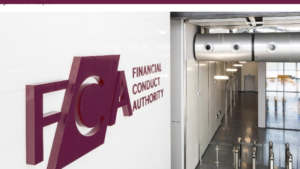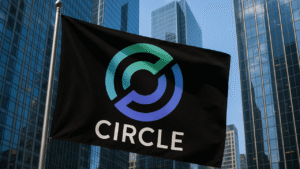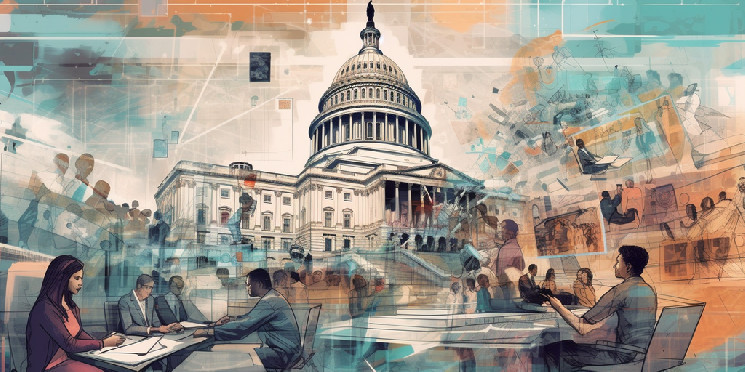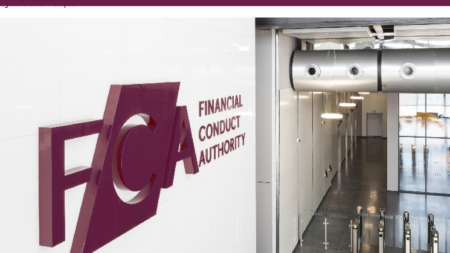Decentralization has served as crypto’s North Star since its beginnings, but with Wednesday’s passage of a crypto market structure bill, the concept could soon become enshrined in U.S. law.
Known as the Financial Innovation and Technology for the 21st Century Act, or FIT21, the bill passed by lawmakers in the House of Representatives would provide a pathway for cryptocurrencies to become certified as digital asset commodities under new rules.
If FIT21 eventually becomes law, a digital asset would be classified as a commodity and regulated by Commodity Futures Trading Commission (CFTC) if its underlying blockchain is “functional and decentralized.” In order to achieve that designation, however, FIT21 puts forth several definitions, procedures, and thresholds.
Amending the Securities Act of 1933, FIT21 outlines several key terms, such as what a “decentralized network” is and who its “affiliated persons” are. Actions taken by said affiliates, who could be the issuers of a token or those that own at least 5% of its overall supply (including relatives), are critical to determining, under the bill, just how decentralized a network really is.
In order to qualify as decentralized, a network’s affiliates must have not had “unilateral authority” to alter how a blockchain functions within the past 12 months. Under the same time frame, affiliates must not have had the ability to prevent users from taking specific actions, such as deploying integrated software, setting up a node, or participating in decentralized governance.
Focusing on its overall distribution, a digital asset wouldn’t meet the requirements if an affiliate owns 20% or more of its overall supply. That same 20% threshold applies to the overall voting power of a digital asset an affiliate may own when it comes to the decentralized governance process a network’s direction may be guided by.
According to Bitwise Senior Analyst Juan Leon, many networks at launch “hover” around that 20% threshold for control or ownership. Most new networks aim for decentralization over time, but their developers—and investors—often begin with outsized influence, he said.
“On the one hand, you could think this is going to force that classification on many or most projects as securities,” Leon told Decrypt. “This could push projects to decentralize further from the start, which I think can be a positive thing.”
On top of that, FIT21 requires that within the past 12 months, the digital asset has been issued solely through the “programmatic functioning of the blockchain system.” That could be viewed as digital assets that come from the process of mining or staking, or even airdrops.
Prong 5 – Rules of Inflation
Token issuance in the last 12 months must be an end user distribution – government talk for an airdrop that: 1 is broadly distributed, 2 relates to the nature of the chain, or 3 is based on the holdings of another asset. pic.twitter.com/Q2Gvu8dJr3
— jasperthefriendlyghost.eth (@drjasper_eth) May 23, 2024
Finally, FIT21 looks at whether affiliates have marketed the digital asset as investments within the past three months, or implemented any “intellectual property to the source code of the blockchain system” that materially changes how it functions. That’s unless the changes were made as technical improvements, or were adopted through decentralized governance.
Touching on all these factors, “any person” can file certification with the U.S. Securities and Exchange Commission (SEC) that a digital asset’s related network is indeed decentralized, FIT21 states. But through a review process, the SEC can rebut certifications.
From the agency’s perspective, many digital assets resemble securities under the so-called Howey Test, a four-pronged approach stemming from a Supreme Court case: The investment of money in a common enterprise with the expectation of profit derived from the efforts of others.
Decentralization may be missing from that statute, but it’s come up for the SEC before. And it was well before SEC Chair Gary Gensler claimed “everything other than Bitcoin,” as a security, would be under the regulator’s remit.
More than five years ago, an SEC official, Bill Hinman, gave a speech that concluded that Ethereum is not a security. Though the Commission clarified it did not “necessarily reflect” the agency’s views, Hinman’s remarks posited a network could become “sufficiently decentralized,” to the point where it would no longer be considered a security.
“That lack of clarity has imposed significant challenges, and has driven crypto businesses overseas,” Leon said. “This bill, for the first time, tries to comprehensively define how […] they can assess the decentralization of an asset to determine if it is a commodity or a security.”
Edited by Andrew Hayward
Read the full article here








